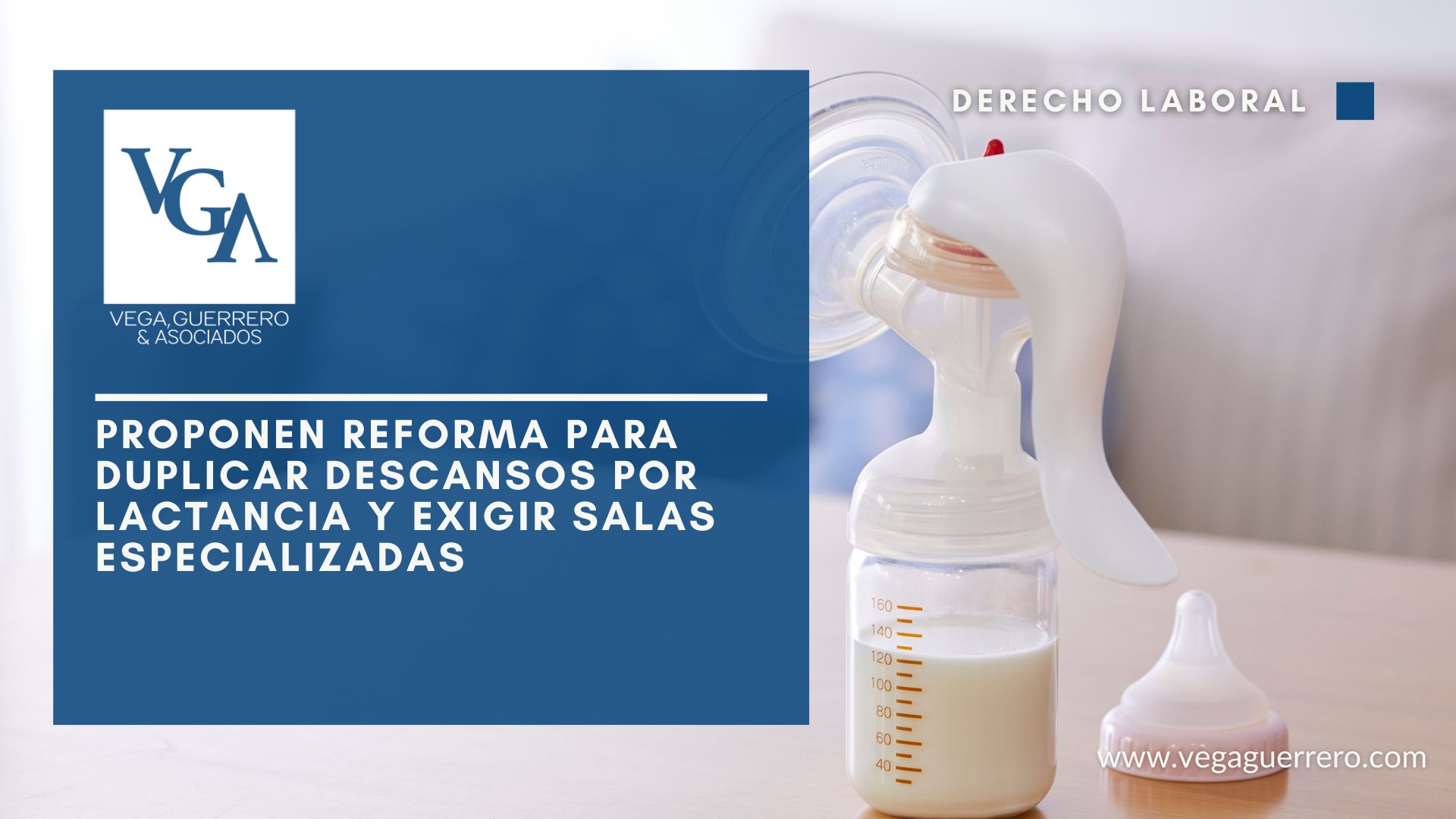The reform initiative
An initiative presented by PRI senators on August 6, 2025 proposes a significant reform to article 170, section IV, of the Federal Labor Law. The objective is to expand the rights of working mothers by extending extraordinary breaks to two hours a day and establishing the obligation for workplaces to have lactation rooms equipped with minimum conditions of hygiene, privacy, adequate furniture and refrigeration.
Powers and sanctions
The initiative would also empower the Ministry of Labor and Social Welfare to issue technical guidelines and supervise their compliance, in addition to providing for specific penalties for employers who fail to comply with these new provisions.
Deadline for companies
If approved, companies would have a maximum period of 120 calendar days to adapt their facilities, which could require investments in infrastructure and operational adjustments, especially in sectors with a higher proportion of female workers of reproductive age.
Legislation in force
Currently, the Federal Labor Law recognizes the right of female workers to have two extra daily breaks of half an hour to feed their children or to express milk in a hygienic place designated by the company. Alternatively, a one-hour reduction in the working day may be agreed. This benefit is granted during the breastfeeding period, up to six months after childbirth.
Background
Although the reform has not yet been approved, since 2016 the Ministry of Labor and Social Welfare has published a Guide to Breastfeeding in the Workplace, which contains practical recommendations on how to implement these spaces properly. This is a useful tool for employers who already have breastfeeding areas or are considering establishing them.
Specialized advisory services
At Vega, Guerrero & Asociados we can advise you on the implementation or adaptation of lactation rooms according to the best practices issued by the Ministry of Labor and possible upcoming legislation. Contact us to learn how to efficiently comply with these obligations and guarantee dignified conditions for working mothers.




